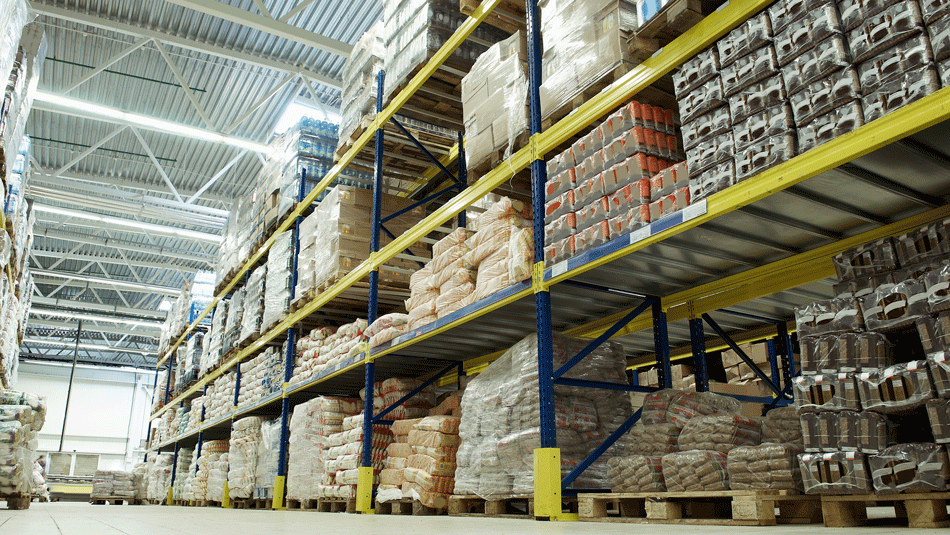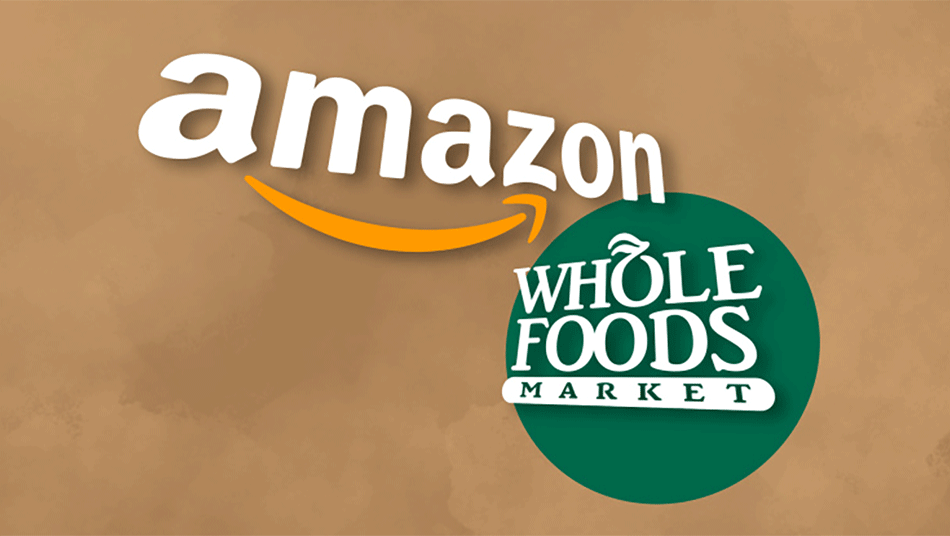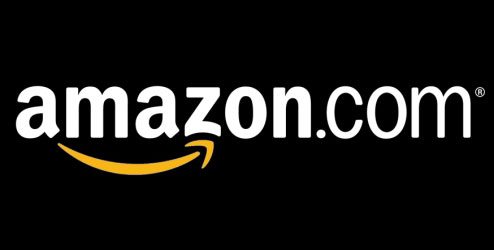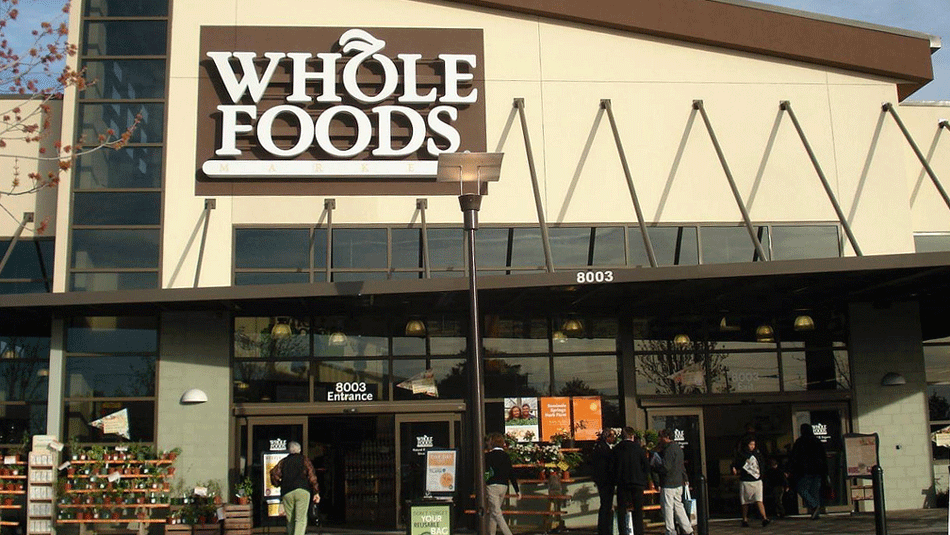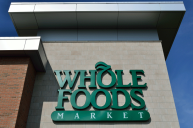Amazon is working hard to become your main source of groceries, from offering free shipping for Prime Pantry items to its acquisition of Whole Foods Market and offering delivery through AmazonFresh or same-day grocery delivery for Amazon Prime members. New customers who want to use Amazon for food are attracted to the convenience of ordering groceries from Amazon.com or via one of their smart home devices, Amazon is also facing new scrutiny for its avoidance of government oversight at one of its warehouses.
Videos by Wide Open Country
Since 2000, the company has operated a large distribution warehouse in Lexington, Kentucky. Legally, facilities in America that make, process, package, transport, or store food are subject to inspection by the U.S. Food and Drug Administration for food safety violations or outbreaks of food-borne illnesses like salmonella or listeria.
Post 9/11, these food facilities have also been required to register as part of an effort to guard against terrorist attacks the U.S. food system.
However, the company contends that since they are a retailer, and grocery stores are not subject to registration, they shouldn't have to register the Amazon warehouse. Given the length of time the warehouse has been in operation, there's likely not a connection between it and Amazon's Whole Foods operation.
The FDA has requested that Amazon register the facility several times. They sent an "untitled letter" in 2008, which is considered a lower level of a request than an official warning letter. They made another request in 2010 and again in 2013, but Amazon continues to deny that they need to register the facility.
It's a standoff, and one that doesn't have a clear end point. In a statement, Amazon said, "Food and product safety are top priorities for Amazon and our fulfillment centers are not only permitted as required by state and local health departments, but we have a robust food safety program to ensure our products are safe for our customers."
Amazon notes that the warehouse is in compliance with state and local laws, and it continues to stand firm on the claim that since they are a retailer, they are not subject to registration. But other similar food warehouses are registered. Food Safety News says that of the more than 300,000 facilities registered under the FDA's Food Safety Modernization Act, 100,000 are warehouses or holding facilities.
Even though Amazon.com has sold food all along, until Amazon purchased Whole Foods and created Amazon Prime Now they weren't really considered a competitor in the grocery store wars. The FDA regulation clearly states that retail food establishments — that is, grocery stores like Whole Foods — do not have to register. Whether or not this warehouse falls under the grocery store exemption or not is an unanswered question.
Food safety is a critical issue; just look at the advice given on April 13 by the FDA and Centers for Disease Control and Prevention about romaine lettuce after 35 people from 11 states were infected with E. coli. Because they haven't identified a common grower, distributor, or brand, only a common location where the lettuce is from, the CDC is recommending that consumers not buy romaine lettuce unless they can confirm it does not come from the Yuma, Arizona, growing region (which is where a lot of lettuce is grown, especially at this time of year).
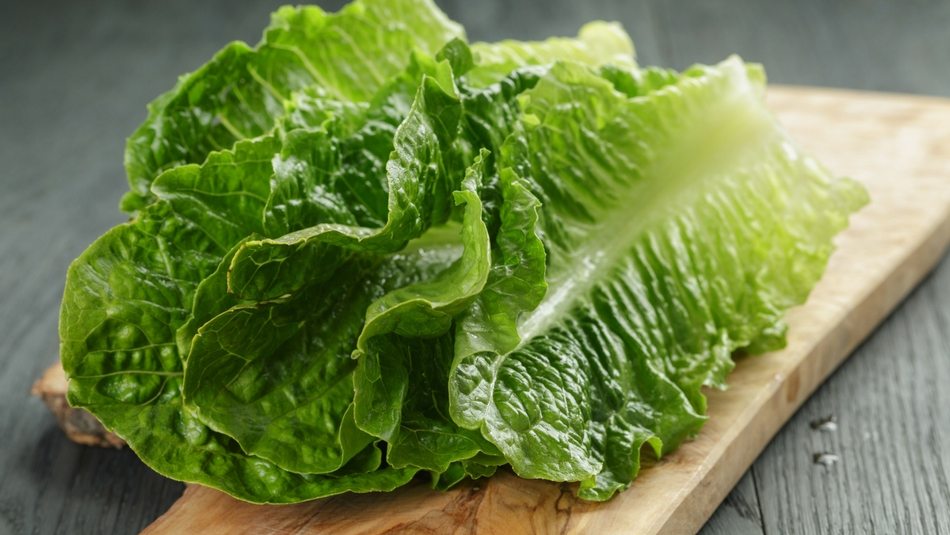
The CDC said: "Consumers anywhere in the United States who have store-bought chopped romaine lettuce at home, including salads and salad mixes containing chopped romaine lettuce, should not eat it and should throw it away, even if some of it was eaten and no one has gotten sick. If you do not know if the lettuce is romaine, do not eat it and throw it away."
While it's convenient to ask Alexa (the Amazon device that can act like a personal assistant in addition to playing music) to shop online and order groceries from Whole Foods then use your Amazon Prime membership to have the items sent straight to your door, not physically being in the store prevents you from being able to ask direct questions about where the food in that store is coming from.
Light "warnings" from the FDA for companies not in compliance with regulations are the norm, not the exception. In 2017, the U.S. Department of Health and Human Services' Office of the Inspector General found that the FDA had not acted on 22 percent of significant food facility inspection violations it uncovered, and when the agency did act, it was often in a way that relied on voluntary corrections from the company.
All this standoff seems to indicate is that there are no clear lines in regulating food safety and it's up to individuals, from in-store shoppers to Amazon Prime customers, to keep both companies like Amazon and our government accountable.

